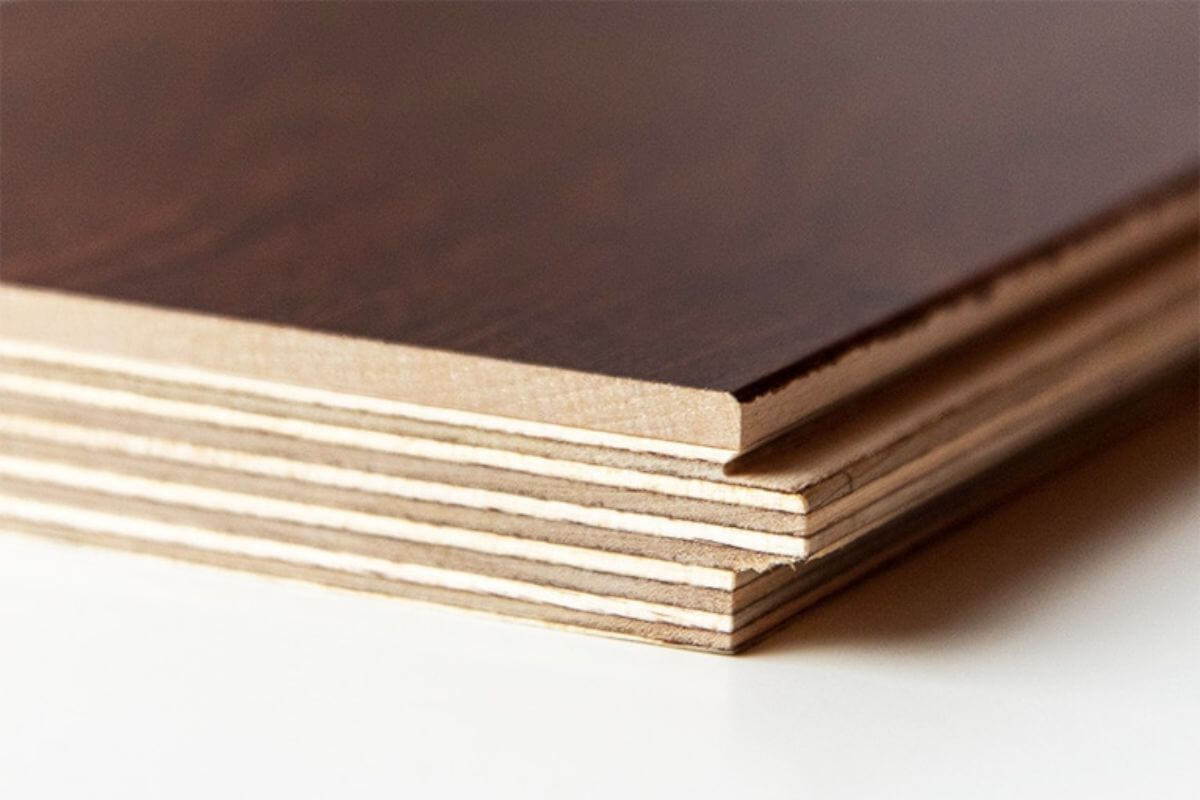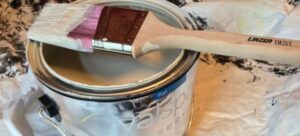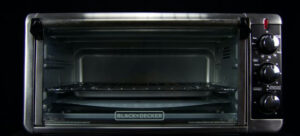Introduction
When it comes to enhancing the aesthetics and value of your home, hardwood flooring is often a popular choice. Hardwood floors offer timeless elegance, durability, and can significantly boost the resale value of a property. However, when it comes to selecting hardwood flooring, you’ll likely encounter two primary options: solid hardwood and engineered hardwood. In this article, we’ll explore the differences between solid and engineered hardwood flooring and analyze their impact on resale value.
Understanding Solid Hardwood Flooring
What is Solid Hardwood?
Solid hardwood is made from a single piece of wood and is renowned for its authentic and natural beauty. It is available in various wood species, each possessing unique characteristics. Solid hardwood can be refinished multiple times, allowing you to refresh its appearance over the years.

Pros of Solid Hardwood
- Authentic and timeless appeal.
- High durability and longevity.
- Adds significant value to a property.
- Can be sanded and refinished.
Cons of Solid Hardwood
- Susceptible to moisture and temperature changes.
- Prone to expansion and contraction.
- More expensive upfront.
Exploring Engineered Hardwood Flooring
What is Engineered Hardwood?
Engineered hardwood is constructed from multiple layers of wood, with a hardwood veneer on top. This design provides increased stability and resistance to moisture, making it suitable for areas with fluctuating humidity levels.
Pros of Engineered Hardwood
- Improved stability and durability.
- More resistant to moisture and temperature changes.
- Cost-effective option.
- Easy installation over various subfloors.
Cons of Engineered Hardwood
- Limited number of refinishing.
- May not have the same authentic charm as solid hardwood.
Factors Affecting Resale Value
The resale value of hardwood flooring can be influenced by several factors:
Homebuyers’ Preferences
Homebuyers’ preferences play a significant role in determining the resale value. Some buyers may prioritize the authentic charm of solid hardwood, while others may appreciate the practicality of engineered hardwood.
Local Real Estate Market
The local real estate market can impact the perceived value of different flooring types. Understanding the preferences of buyers in your area can help you make an informed decision.
Installation Quality
Regardless of the type of hardwood, proper installation is crucial for maximizing resale value. Professional installation ensures longevity and aesthetics.
Resale Value of Solid Hardwood vs. Engineered Hardwood
Longevity and Durability
Solid hardwood has a longer lifespan and can last for generations with proper care and maintenance. Engineered hardwood also offers good durability, but it may need replacement sooner than solid hardwood.
Appearance and Aesthetics
Solid hardwood’s authentic beauty often appeals to buyers seeking a classic and elegant look. Engineered hardwood, while attractive, may lack the same level of authenticity.
Maintenance and Refinishing
Solid hardwood’s ability to be sanded and refinished allows it to retain its appeal over time. Engineered hardwood, on the other hand, has limited refinishing capabilities.
Budget Considerations
Upfront Costs
Engineered hardwood is generally more budget-friendly than solid hardwood. It can be an excellent option for homeowners looking to achieve the hardwood look without breaking the bank.
Long-Term Value
Solid hardwood’s longevity and potential to increase a property’s value over time may outweigh its higher upfront costs.
Environmental Impact
Sustainability of Materials
Engineered hardwood often utilizes less high-quality wood, making it potentially more eco-friendly. However, consider certifications like FSC for sustainable solid hardwood options.
Eco-Friendly Options
Both solid and engineered hardwood can be sourced from sustainable forests, promoting responsible environmental practices.
The Decision-Making Process
Assessing Your Needs and Priorities
Evaluate your lifestyle, budget, and preferences to determine which type of hardwood aligns best with your requirements.
Consulting with Experts
Seek advice from interior designers and real estate agents to gain insights into the current market trends and the resale value of different hardwood options.
Addressing Common Misconceptions
“Engineered Hardwood is Lower Quality”
Engineered hardwood has evolved significantly and can offer excellent quality and value for homeowners.
“Solid Hardwood is Always Better”
While solid hardwood has its advantages, engineered hardwood is a practical and cost-effective choice for many homeowners.
Expert Recommendations
Consider the opinions of interior designers and real estate agents who can provide valuable perspectives on the flooring that appeals most to potential buyers in your area.
Conclusion
In conclusion, both solid and engineered hardwood have their merits. Solid hardwood exudes timeless charm and can potentially fetch a higher resale value, while engineered hardwood offers practicality and cost-effectiveness. The decision ultimately depends on your preferences, budget, and local market dynamics. By understanding the differences and evaluating your needs, you can make an informed choice that not only enhances the aesthetics of your home but also boosts its resale value.
FAQs
Q: Which is better: solid or engineered hardwood?
A: The answer depends on your preferences, budget, and the real estate market in your area. Both options have their benefits.
Q: Can engineered hardwood be refinished?
A: Engineered hardwood can typically be refinished a limited number of times due to its thinner veneer layer.
Q: Are hardwood floors worth the investment for resale purposes?
A: Yes, hardwood floors are generally considered a valuable investment that can enhance the resale value of your property.
Q: Is engineered hardwood less durable than solid hardwood?
A: While engineered hardwood is durable, solid hardwood tends to have a longer lifespan.
Q: Can I install hardwood flooring myself?
A: Professional installation is recommended to ensure the best results and maximize the flooring’s longevity and resale value.



